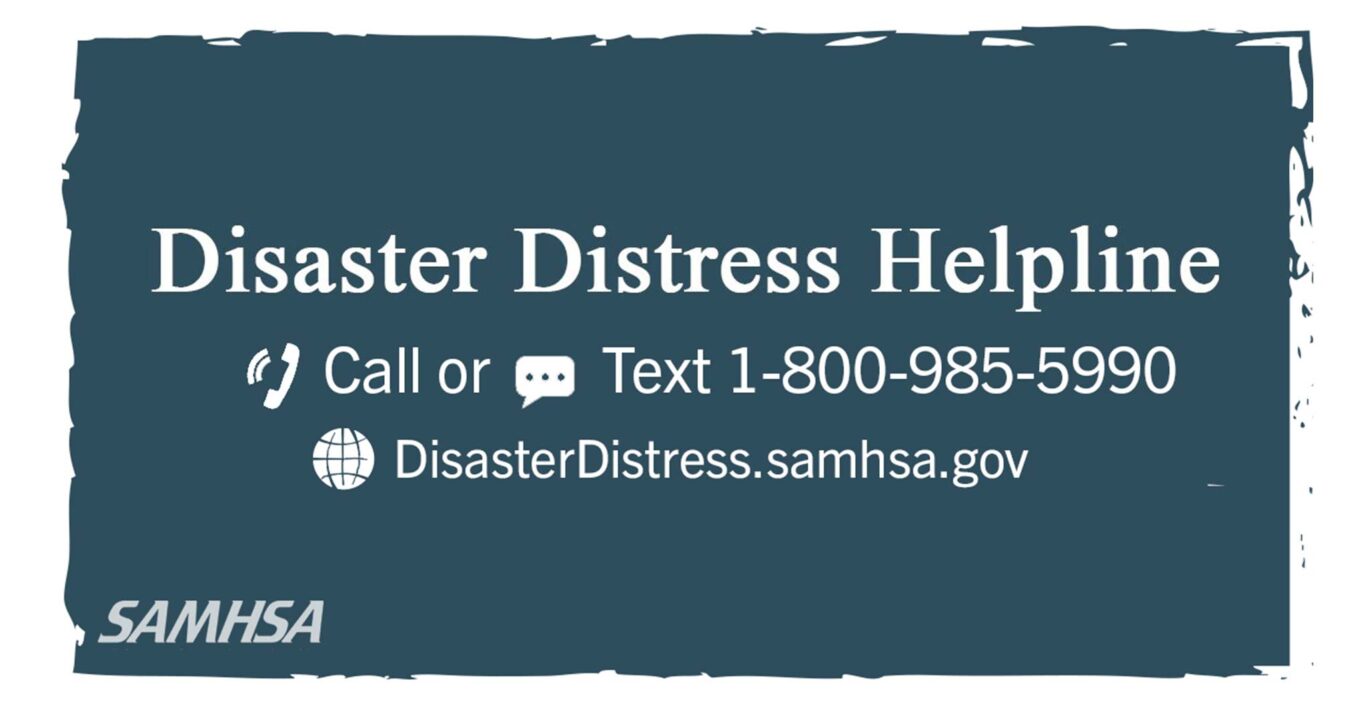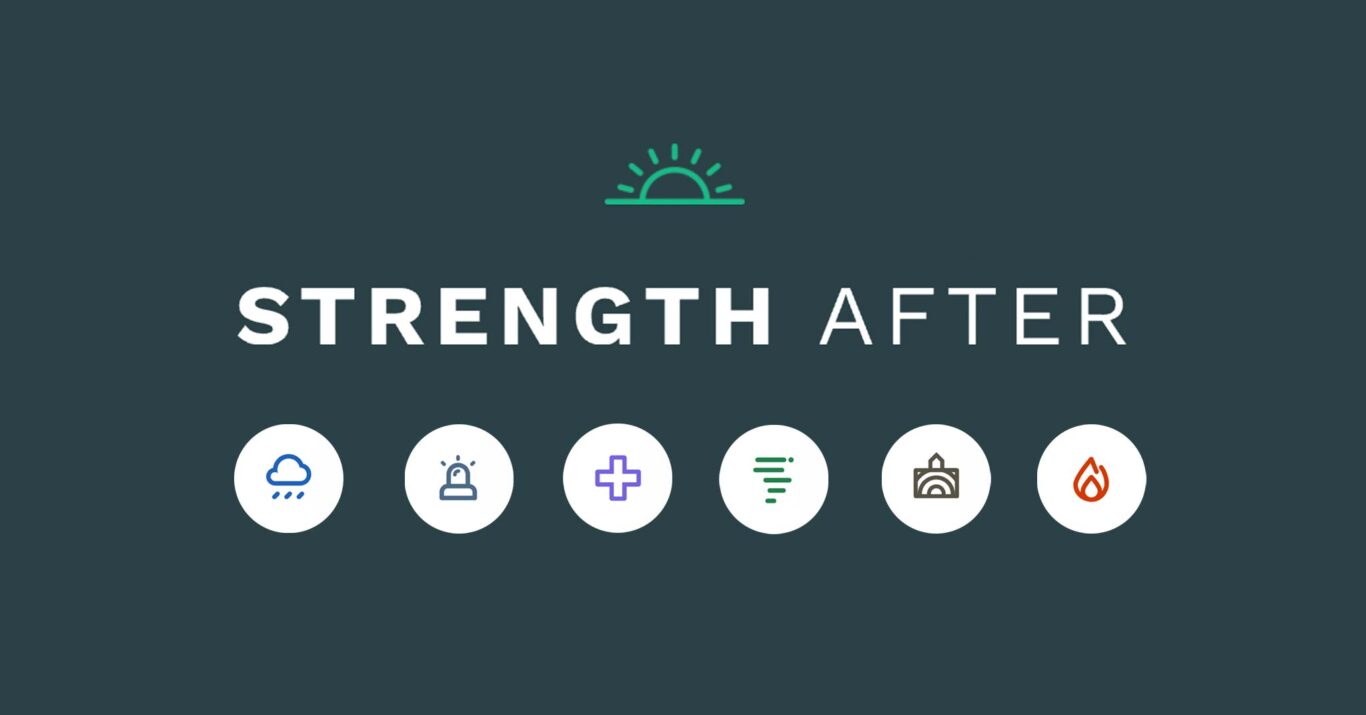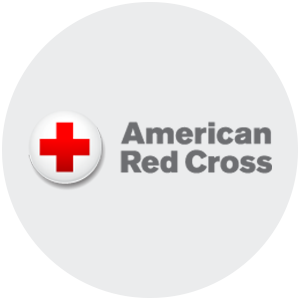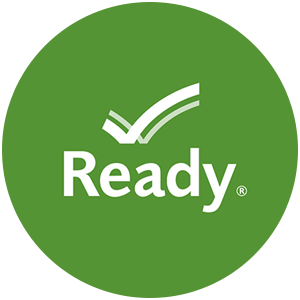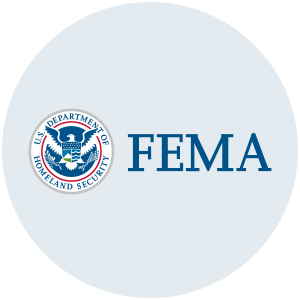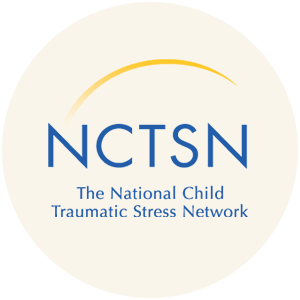How To Take Care Of Yourself
People can experience a wide range of emotions before and after a disaster or traumatic event, but it’s important to find healthy ways to cope.
The constant replay of news stories about a disaster or traumatic event can increase stress and anxiety. Try to reduce the amount of news you watch, read or listen to, and engage in relaxing activities instead.
After a disaster, it can be hard to remember to take care of yourself. Try to regularly engage in relaxing activities. These can be as simple as taking a walk, stretching, and deep breathing.
Some people might experience difficulty sleeping after a disaster. If you have trouble falling asleep, try limiting your use of electronics in bed and avoid drinking caffeine or alcohol an hour before.
After a disaster, there will be lots of changes. By working to establish new routines, you’ll help keep your mind off of the disaster and can focus on self-care.
Have a step-by-step plan ready for if/when you feel depressed, suicidal, or in crisis, so you can start at step one and continue through the steps until you feel safe. Having a template on hand with an established plan may be helpful, or you can get help and guidance at https://www.mysafetyplan.org/.
How To Help
If you know a friend, loved one, or neighbor who’s been affected by a disaster, reach out. It could mean more to them than you know.
Roughly 40% of people may experience emotional distress six months to a year after a disaster and will need ongoing support services.
If someone you know has been affected by a disaster, check-in with them regularly. Ask them how they’re feeling and truly listen. Offer to help them with day-to-day tasks like laundry or food shopping so they don’t have to worry about it.
Don’t be afraid to get your loved one the help they might need. The 988 Lifeline is always here to talk or chat, both for crisis intervention and to support those concerned about others. You can also call the Disaster Distress Helpline for disaster-specific resources and advice.
